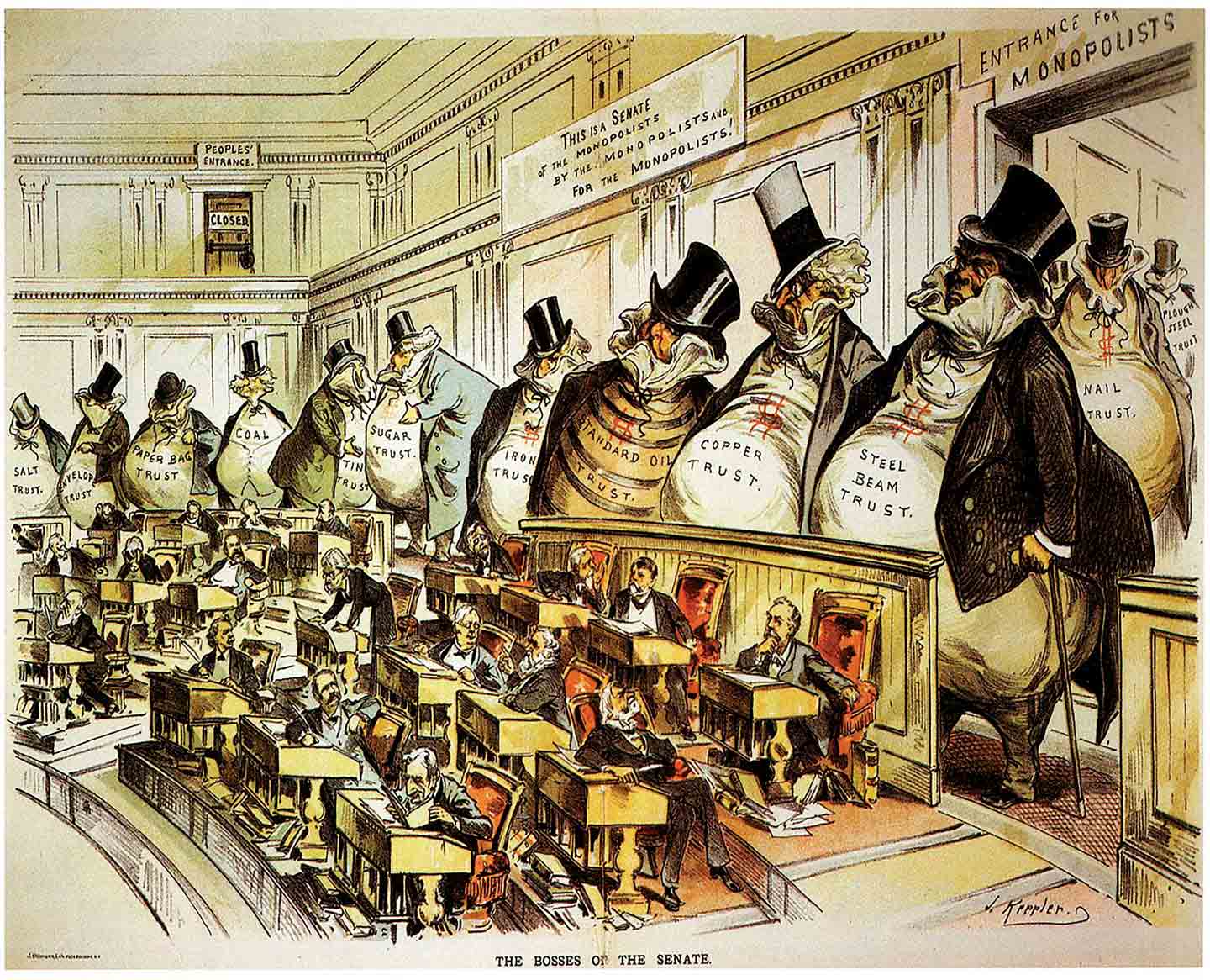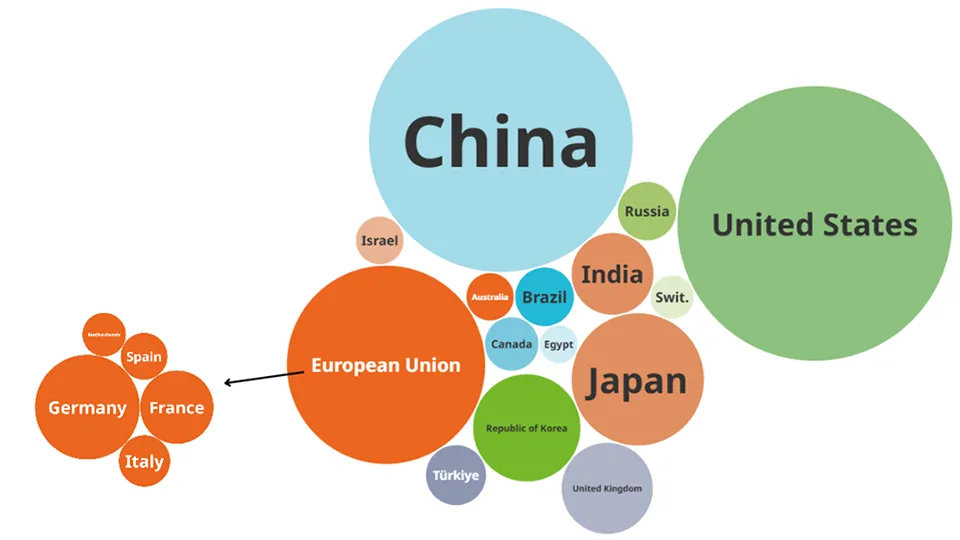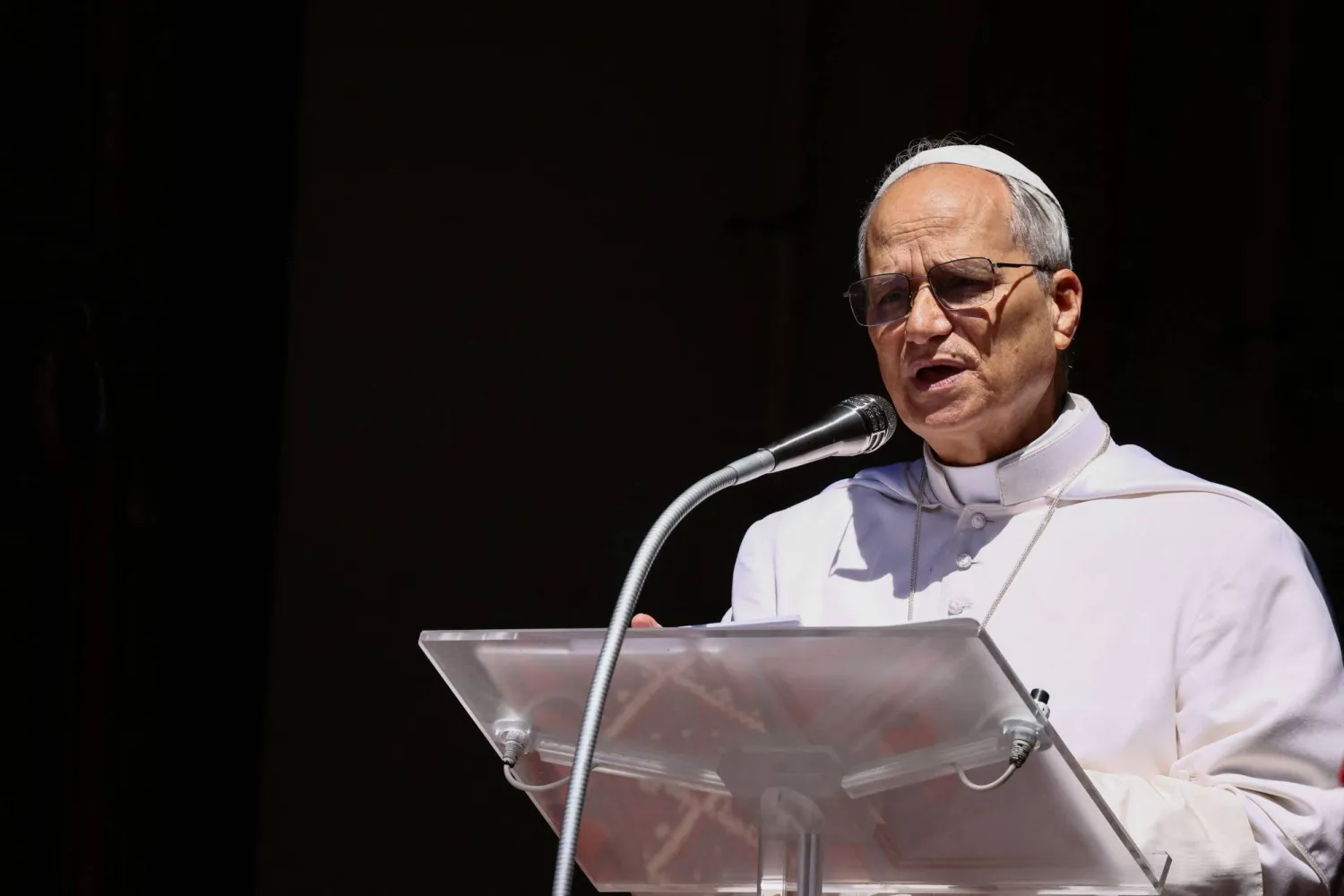40+ mainly US firms are Irish for tax purposes, led by Medtronic and Accenture
Leprechaun Economics: Paul Krugman, Nobel Prize &The New York Times (2016)
In Irish folklore, a leprechaun is said to hide its pot of gold at the end of a rainbow. This treasure, however, is a classic example of a "fool's gold" chase, as the end of a rainbow is physically impossible to reach.
The legend teaches a cautionary lesson about greed and pursuing unattainable wealth.
There was widespread mockery of figures published data that showed the country's gross domestic product (GDP) had grown by a staggering 26% in 2015.
The figures were heavily distorted by the activities of multinational companies that use Dublin as a centre for financing and taxation operations. Economist Paul Krugman described the GDP number as "leprechaun economics".
The Financial Times said the presentation was on a par with the works of James Joyce and Flann O'Brien.
"A stunning $12 trillion — almost 40 per cent of all foreign direct investment positions globally — is completely artificial: it consists of financial investment passing through empty corporate shells with no real activity. These investments in empty corporate shells almost always pass through well-known tax havens.
The eight major pass-through economies — the Netherlands, Luxembourg, Hong Kong SAR, the British Virgin Islands, Bermuda, the Cayman Islands, Ireland, and Singapore — host more than 85 per cent of the world’s investment in special purpose entities, which are often set up for tax reasons" — "Piercing the Veil," International Monetary Fund, June 2018.
"Leprechaun economics" is a term coined by economist Professor Krugman to describe Ireland's distorted economic statistics, particularly its artificially high GDP, caused by multinational companies shifting profits and intangible assets to Ireland to take advantage of its low corporate tax rate.
This statistical "magic" inflates Ireland's GDP, which can affect Eurozone economic data and EU budget contributions, although the government rejects the term as a mischaracterisation of its economic success. To provide a clearer picture, Irish statisticians now publish alternative indicators like Gross National Income* (GNI*), which is significantly lower than GDP.
Gross Domestic Product (GDP) per capita is a measure of a country's economic output per person, calculated by dividing its total GDP by its population. It is used to assess a nation's economic prosperity and is often considered an indicator of the standard of living.
While nominal GDP per capita uses exchange rates, Purchasing Power Parity (PPP) per capita is considered a more accurate comparison tool because it accounts for the relative cost of living in different countries.
According to the International Monetary Fund (IMF), in 2025, Ireland has a GDP per capita of $129,132 (USD) followed by Switzerland $111,047; Singapore 94,481; Norway $91,884; USA $89,599; Denmark 76,581; The Netherlands 73,174; Qatar 71,442; Australia 65,946; Sweden 62,035; Austria 61,694; Isaerl 60,409 (this enconomy operates an Aparheid System); Belgium 60,418; Germany 59,925; UK 56,661 UK; Finland 56,084; Canada 54,935; United Arab Emirates 51,348; New Zealand 49,83; France 48,982; Italy 43,161.
Spain 38,040; Taiwan 37,827 (IMF - Province of China); Slovenia 37,178; South Korea 35,231; Czech Republic 35,161; Japan 34,713; Estonia 34,041; Lithuania 32,982; Portugal 31,415; Kuwait 30,048.
(I ignored countries that have populations under 2 million and GDP below 30,00. For example, Turkey has a GDP per capita of 18,198; Russia has 17,446. World 14,217 of 193 countries.)

"Actual individual consumption, abbreviated as (AIC), refers to all goods and services actually consumed by households. It encompasses consumer goods and services purchased directly by households, as well as services provided by non-profit institutions and the government for individual consumption (e.g., health and education services).
In international comparisons, the term is usually preferred over the narrower concept of household consumption, because the latter is influenced by the extent to which non-profit institutions and general government act as service providers.
Although GDP (Gross Domestic Product) per capita is an important and widely used indicator of a country’s level of economic welfare, consumption per capita may be more useful for comparing the relative welfare of consumers across various countries.
AIC per capita is usually highly correlated with GDP per capita, because AIC is, in practice, by far the biggest expenditure component of GDP."
The Hungarian dictatorship came last
In 2024, 9 EU countries recorded an AIC per capita above the EU average. The highest levels were recorded in Luxembourg (41% above the EU average), the Netherlands (20%) and Germany (18%).
Meanwhile, 18 EU countries recorded an AIC per capita below the EU average, with the lowest levels recorded in Hungary (28% below the EU average), Bulgaria and Estonia (26%).
As of 2024, Hungary is considered "no longer a full democracy" by the EU, and is generally said to have democratically backslid since 2010 when the Fidesz–KDNP Party Alliance led by Viktor Orbán won a two-thirds parliamentary supermajority and adopted a new constitution of Hungary that has both remained in place ...
In the April 2022 election, Viktor Orbán won a fourth consecutive term in office. His party, Fidesz, again secured another two-thirds majority in parliament.


Ireland's position is 10th in the key economic performance measure in the European Union
The GDP per capita for Ireland in 2024 is more than double the AIC level.
This table shows sales, exports, value added and direct expenditure for 2023 by ownership.

The Goods for processing (above) are a fiction.
The Goods for processing were in China and did not come from Ireland.
Department of Business / Enterprise, Tourism and Employment:
•
Total sales for agency-Government Agency-assisted companies in 2023 amounted to €509.7 billion.□ Foreign-owned companies account for €442.8 billion, an increase of 7.1% over the previous
year. This represents 86.9% of total sales by Agency clients in 2023.
□ Sales for Irish-owned firms increased by 4.6% between 2022 and 2023, amounting to €66.8
billion or 13.1% of total sales.
• Total exports for agency clients amounted to €459.4 billion in 2023, a 7.0% increase over 2022
exports, with €424.5 billion exports by Foreign-owned companies and €35.0 billion exports by Irish-owned companies in 2023.
• Value added was €206.2 billion in 2023 with 88.0% of this value being generated in foreign-owned
firms.
• Irish-owned client companies have €37.5 billion of direct expenditure in the Irish economy compared
with €40.9 billion for foreign-owned companies.
So, direct spending is similar for foreign companies and local Irish companies.
Employment
The total full–employment in 2024 for the Government Assisted firms was 505,831, with foreign firm employment at 299,059 (118,730 in 2015) and local ones at 205,772 (139,45 in 2115).
This year, total full-time employment in the economy is about 2,250,000
In 2015, the population was 4,700,000.
In 2025, the population is likely to be 5,500,000
The population in 10 years (2015-2025) rose by about 800,000.
Discuussion

- Enterprise Ireland, an Irish government agency that promotes selling overseas
Some of the top Danish-born companies include Novo Nordisk, Maersk, Vestas, Ørsted, and Carlsberg Group. These companies are leaders in sectors such as pharmaceuticals, shipping, wind energy, and brewing. Other prominent companies include DSV A/S (logistics), Danske Bank (banking), and Coloplast (medical devices).
Contribution from Danish-born companies: By subtracting the foreign-owned share, one can infer that Danish-owned companies make up the remaining 73% of total exports.
This translates to approximately €85 billion in exports from Danish-owned companies to the EU in 2024.
Also in 2023, Irish-born firms accounted for a low level of €10 billion for the 26 other members of the EU.
However, Ryanair contributes to the Irish economy through spending, job creation, and tourism.
An independent PwC accountancy report indicates that Ryanair and its passengers spend over €1.5 billion annually in Ireland, support over 26,000 jobs, and carry 20 million passengers from seven Irish airports annually. The airline has also invested in new facilities and plans to create more jobs by 2030.
The Irish Fiscal Advisory Council has warned that "Government revenue is highly concentrated and hence could reverse suddenly. Risks around corporation tax are well known, with estimates suggesting 3 firms contributed 43% of corporation tax in 2022.
The Department of Finance Even with record corporation tax revenues, the government faces a large underlying deficit when these "windfall" taxes are excluded."
The Department of Finance, Ireland, is warning of a potential future deficit because the country's finances are becoming overly reliant on "windfall" corporation tax receipts, primarily from a small number of large, highly profitable multinational companies, such as Apple. If these "volatile" taxes decline, Ireland faces a large underlying deficit, as current spending commitments are not sustainable without them. The government has acknowledged this risk but continues to set aside some of the excess funds, though economists argue the situation remains precarious.
DUBLIN, April 30 (Reuters) - "Foreign multinationals paid a record 88% of all Irish corporate tax last year, with the largest 10 firms accounting for 57% of surging receipts, according to data on Wednesday that highlighted the country's vulnerability to U.S. policy changes."
"The warning is due to Ireland's public finances becoming over-reliant on volatile corporation taxes from a small number of multinational companies, which is creating a large underlying deficit when these "windfall" receipts are excluded. The Department of Finance and the Irish Fiscal Advisory Council are concerned that if corporate tax revenues decline, the state could face a severe fiscal shortfall. To address this, the government is establishing investment funds to save some of the current revenue for future needs."
IRELAND'S independent fiscal watchdog has issued a warning to the government over their current budget plan. -Advertisement- The government’s proposed €9.4 billion package for Budget 2026, which includes €7.9 billion in spending increases and €1.5 billion in tax cuts, has been criticised by the Irish Fiscal Advisory Council (IFAC) as excessive.
Income tax is also heavily concentrated. A small number of employees pay a large share of income tax. These highly paid employees are likely to work in highly profitable sectors where large corporation tax payments are made. A downturn in these sectors would mean not just a reduction in corporation tax, but also income tax.
The Irish government has plenty of pain points that could do with a multibillion-euro injection. The Fine Gael and Fianna Fáil coalition also has the incentive of an election due next year to woo voters. But the figures are eye-watering even for Ireland’s inflated coffers, as are the timelines for improvement. An all-island rail review, which includes neighboring Northern Ireland, says a €37 billion investment was required over 25 years to update the island’s network.
Three American firms pay a third of Ireland's corporation tax
Foreign companies paid 88% of Corporation Tax in 2024; Irish multinationals paid 4% and other companies 8%
"Ireland's corporation tax receipts have surged in the past decade. Since
2015, they've grown to over a quarter of all tax receipts, having
averaged closer to 13% for two decades.
They are highly concentrated,
with just three firms estimated to account for 38% of receipts in 2023. We
show how this concentration could be set to rise. We do so by providing
the first in-depth estimate of the impact of the OECD's Pillar II reforms on
Irish receipts."
Ireland's GDP per capita is the highest in the world! Wonder why ??
Irish software developers were at O.5% in 2024 while the total was 8.4% — 2























